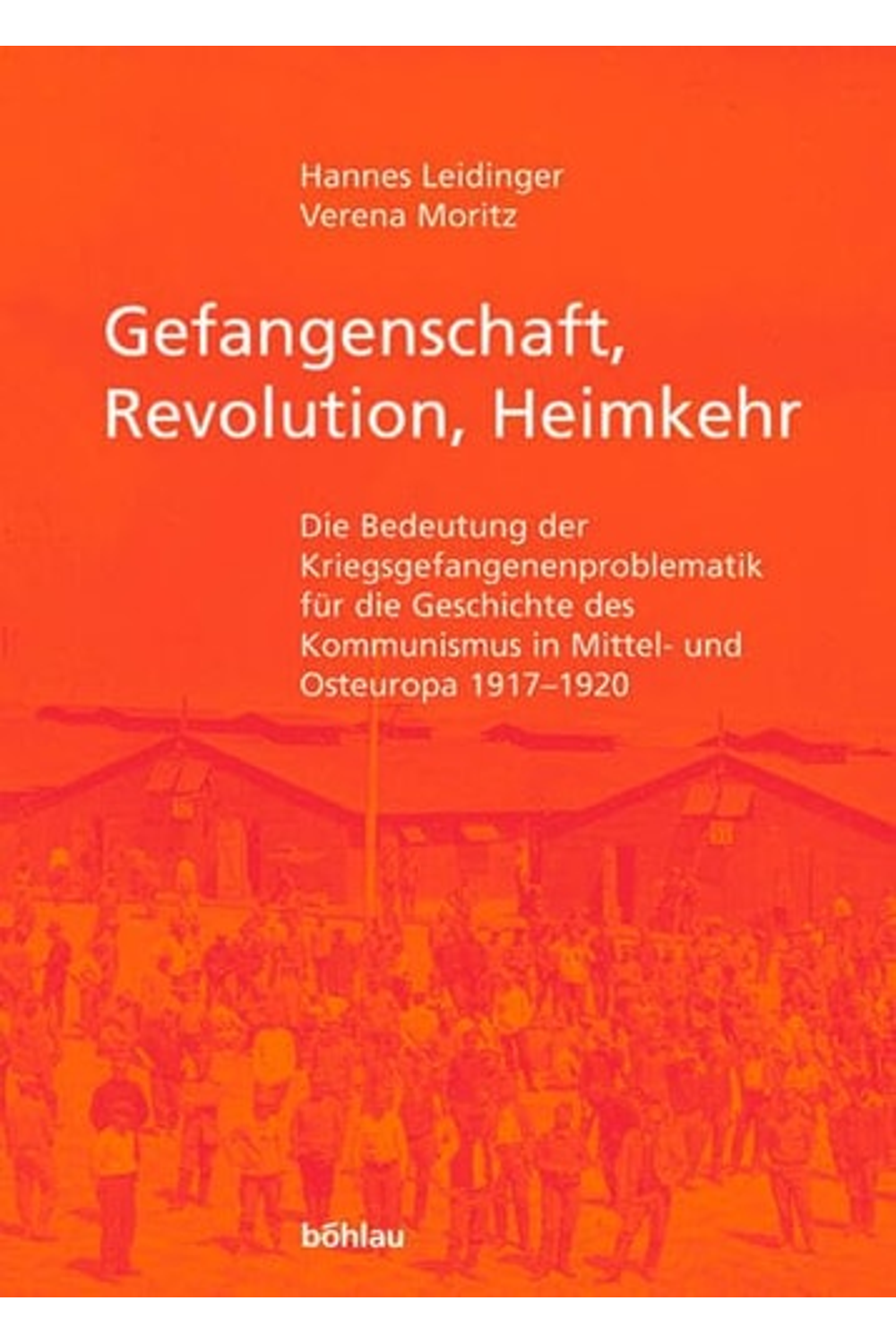Explore the untold story of WWI prisoners of war and their surprising role in the rise of Communism with “Gefangenschaft, Revolution, Heimkehr: Die Bedeutung Der Kriegsgefangenenproblematik Fur Die Geschichte Des Kommunismus in Mittel Und Osteuropa 1917-1920” by Hannes Leidinger and Verena Moritz. This hardcover German-language edition unveils a groundbreaking perspective on the period between 1917 and 1920, arguing that the hundreds of thousands of POWs from Central Europe, held captive within the former Russian Empire, were instrumental in shaping the early Communist movement. Leidinger and Moritz draw upon extensive research in Russian and Austrian archives to demonstrate how these prisoners, disillusioned by war and exposed to revolutionary ideologies, became key actors in spreading Communism throughout the region. Discover how repatriation efforts and returning soldiers’ associations inadvertently fueled the burgeoning Communist International. This study offers a critical reassessment of the forces behind the Russian Revolution and the subsequent spread of Communist ideals, highlighting the often-overlooked influence of wartime captivity. Perfect for history enthusiasts and scholars interested in a fresh perspective on the origins of Communism in Central and Eastern Europe.
Gefangenschaft, Revolution, Heimkehr: Die Bedeutung Der Kriegsgefangenenproblematik Fur Die Geschichte Des Kommunismus in Mittel Und Osteuropa 1917-1920 (German Edition)
21,62 $
In stock
Die vorliegende Studie bietet erstmals einen Uberblick zur Kriegsgefangenschaft als Massenphanomen des Ersten Welt-krieges und ihren Auswirkungen auf die fruhe Entwicklung des Kommunismus in Ost- und Mitteleuropa. In mehr als 5-jahriger Forschungsarbeit haben die Autoren Material aus zahlreichen russischen und osterreichischen Archiven zusammengetragen, um zu einer Neubewertung der politischen Bedeutung der Thematik in der revolutionaren Epoche von 19171920 zu gelangen. Die Autoren kommen dabei zu dem Schluss, dass die Anwesenheit hunderttausender deutscher, osterreichischer und ungarischer Soldaten auf dem Territorium des untergegangenen Romanov-Imperiums eng mit dem Ausbruch des “russischen Burgerkriegs” verknupft war und dass die Repatriierungseinrichtungen, Gefangenen- und Heimkehrervereinigungen inner- und ausserhalb des Machtbereichs der Bolseviki den Kern der entstehenden Kommunistischen Internationale bildeten.
| Authors | |
|---|---|
| Binding | |
| Condition | |
| ISBN-10 | 3205770684 |
| ISBN-13 | 9783205770688 |
| Language | |
| Pages | 754 |
| Publisher | |
| Year published | |
| Weight | 340 |
| Edition | Aufl. ed. |
- Additional information
- Currencies
- USD – United States dollar
- EUR – Euro
- GBP – Pound sterling
- CNY – Chinese yuan
- BRL – Brazilian real
- MXN – Mexican peso
- JPY – Japanese yen
- PHP – Philippine peso
- THB – Thai baht
- PLN – Polish złoty
- CAD – Canadian dollar
- MYR – Malaysian ringgit
- AUD – Australian dollar
- TWD – New Taiwan dollar
- CZK – Czech koruna
- SEK – Swedish krona
- HUF – Hungarian forint
- ILS – Israeli new shekel
- CHF – Swiss franc
- HKD – Hong Kong dollar
- DKK – Danish krone
- SGD – Singapore dollar
- NOK – Norwegian krone
- NZD – New Zealand dollar

